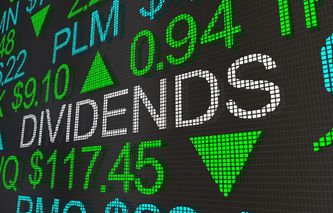Definition
The financial accounting term recoverable amount refers to the larger of the market value of an asset or the value provided to the company as currently used. The concept of recoverable amounts is oftentimes used in the context of determining the impairment of fixed assets.
Calculation
The recoverable amount of an asset is the greater of the two calculations shown below:
Recoverable Amount = Fair Value - Cost of Disposal
Recoverable Amount = Value in Use
Where:
Fair Value: the price that would be received when selling an asset.
Cost of Disposal: incremental expenses directly attributed to the removal of an asset.
Explanation
Accounting principles require companies to record on their balance sheet instances where the carrying amount of an asset exceeds the recoverable amount. For example, if the company has reason to believe an asset's value may be impaired, it's required to perform a formal estimate of the recoverable amount. This approach is similar to the concept of lower of cost or market value, which applies to inventory. IAS 36 provides accountants with guidance on this topic, stating:
If the asset's fair value less the cost of disposal cannot be determined, the recoverable amount is equal to its value in use.
If the company intends to sell the asset, the recoverable amount is equal to its fair value less the cost of disposal.
Note: If the fair value of an asset less its cost of disposal, or the asset's value in use is greater than its carrying amount, then calculating a recoverable amount is not necessary since the asset is not impaired.
Example
Last year, Company A purchased a small fleet of natural gas delivery trucks for $700,000. Soon after purchasing the trucks, a local refinery began injecting waste gas into the local natural gas pipeline. Company A was informed by utility officials the quality of natural gas in the pipeline did not meet the manufacturer's quality guidelines for their compressed natural gas vehicles.
Company A will be forced to sell the trucks after only one year. Company A had been using a ten year, straight line depreciation method for these vehicles. The net book value before discovering this impairment in value was $700,000 - $70,000, or $630,000. The vehicle's manufacturer found a buyer that was willing to pay $400,000 for Company A's trucks. Company A was also required to pay $30,000 to have the trucks transported to this new owner.
Based on information obtained from the manufacturer, the recoverable amount for these trucks was calculated as:
= Fair Value - Cost of Disposal = $400,000 - $30,000, or $370,000
Since the net book value of these assets was $630,000, Company A recorded an impairment in value of $630,000 - $370,000, or $260,000. The journal entry to record this transaction is as follows:
| Debit | Credit | |
| Impairment Loss | $260,000 | |
| Accumulated Impairment Losses | $260,000 |
Related Terms
conservatism principle, cost of disposal, holding gains and losses, value-in-use, impairment, fair value accounting, weighted average cost of capital
.jpg)


